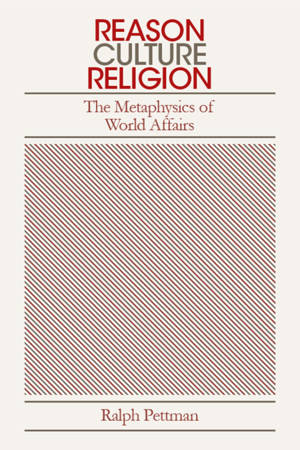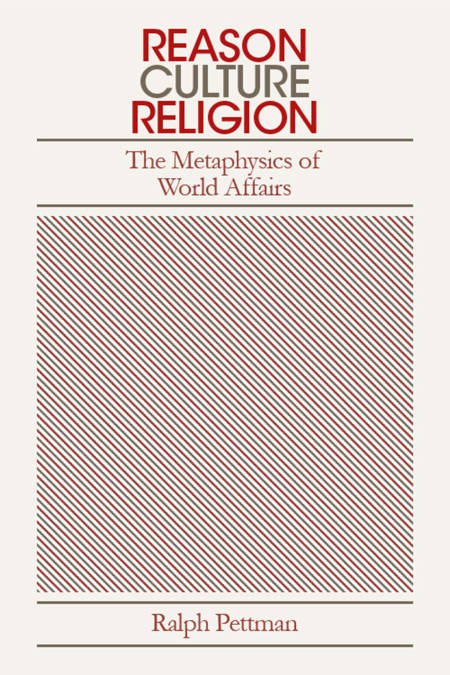
- Retrait gratuit dans votre magasin Club
- 7.000.000 titres dans notre catalogue
- Payer en toute sécurité
- Toujours un magasin près de chez vous
- Retrait gratuit dans votre magasin Club
- 7.000.000 titres dans notre catalogue
- Payer en toute sécurité
- Toujours un magasin près de chez vous
Description
In Reason, Culture, Religion, Ralph Pettman calls for wider recognition of, and greater commitment to, the 'new' international relations, a discipline much more comprehensive and cosmopolitan than the 'old'. He first documents the way modernist analysts describe and explain world politics. Pettman then explores two ways in which the constraints on modernist thinking are transgressed: communalist ('pre-modernist') alternatives to the modernist project and sacralist ('anti-modernist') alternatives to the Christian tradition of which the modernist project is a part.
The first part of the book provides a systematic overview of the study of world politics, first in analytic form, and then in the form of a film script. The second part of the book highlights the modernist construction of this study by providing a detailed account of the world politics of world heritage. The third part of the book locates modernist world politics in its sacral context by discussing Taoist strategics, Buddhist economics, Islamic civics, Confucian Marxism, Hindu constructivism, Pagan feminism, and Animist environmentalism. It concludes by asking what a world affairs worthy of the name would be.
Spécifications
Parties prenantes
- Auteur(s) :
- Editeur:
Contenu
- Nombre de pages :
- 334
- Langue:
- Anglais
Caractéristiques
- EAN:
- 9781301833597
- Date de parution :
- 26-02-13
- Format:
- Ebook
- Protection digitale:
- /
- Format numérique:
- ePub







